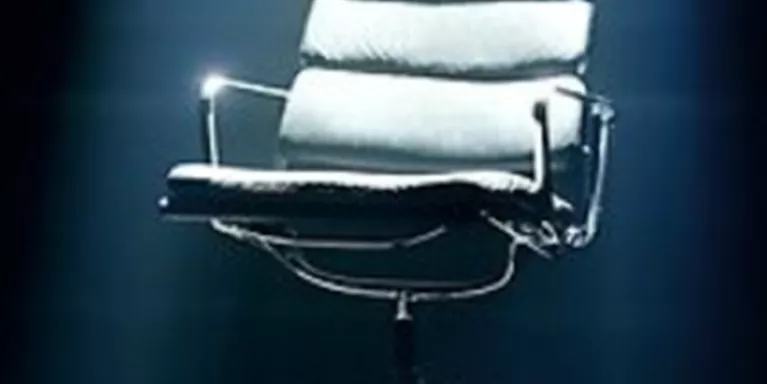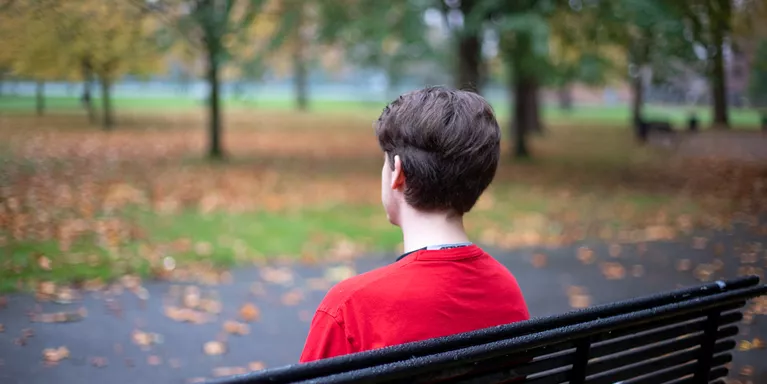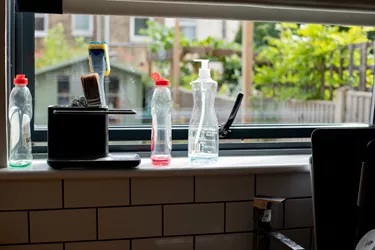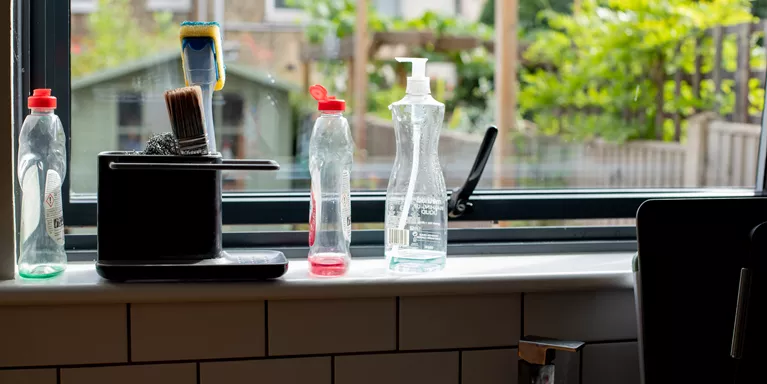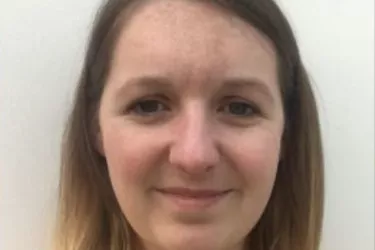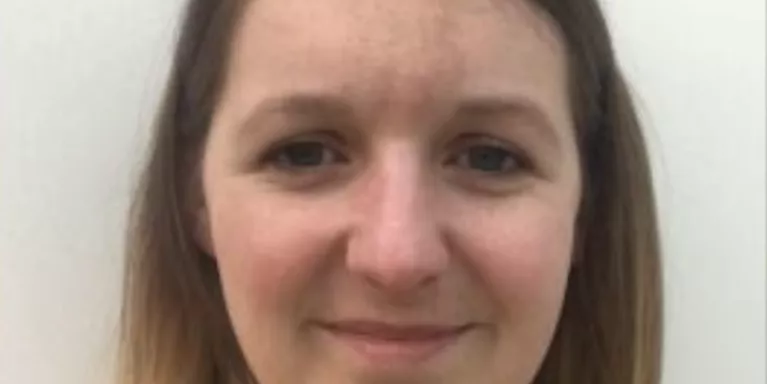Channel 4's Pure: Necessary, uncomfortable viewing
Mind supporter Emma reflects on Channel 4's new series Pure, which explores obsessive compulsive disorder.
Having survived suicide at 25, Emma restarted her life as an entrepreneur with a mission to support others with their mental health.
Pure is a new TV drama on Channel 4, based around a young woman with ‘Pure O’, a term describing obsession only obsessive compulsive disorder (OCD). It is important to note that ‘Pure O’ is not medically different to OCD, and compulsions are still experienced; it can just be harder to identify them as they often present mentally, or intertwine with behaviours such as avoiding people or situations.
Channel 4’s Pure was uncomfortably relatable. I say this as it has really managed to capture the repulsive feelings of intrusive thoughts. Marnie experiences sexual intrusive thoughts, which is really common for OCD sufferers. These thoughts come in obnoxious and uninvited, and the editing of the scenes really interrupts the viewing process, just like obsessions do living.
Episode one explores a number of different aspects of OCD; the young age from which it can become apparent and distressing, how quickly over analyzing and panic can overcome you, the confusion that arises from not knowing where the line between your thoughts and reality lies, the isolation from friends and family occurring when you cannot express yourself due to fear of disgusting them and the misunderstanding that can present in your first consultation with a healthcare practitioner when finally reaching out for help.
"My OCD has been with me since childhood, and so I developed techniques at a very young age to conceal my obsessions and compulsions."
Something that was captured particularly well, was the contrast between the internal, chaotic struggle in comparison to the calm outward physical appearance. With many mental health conditions, outward symptoms are not always noticeable, especially with OCD. My OCD has been with me since childhood, and so I developed techniques at a very young age to conceal my obsessions and compulsions. I would also, and still do now, laugh them away despite their distressing nature. This makes them incredibly hard to spot, not only to others who may be able to support you, but also to yourself. Marnie’s sense that something is wrong with her thoughts and lack of understanding of what that is (followed by physical rituals, checking or justification) demonstrates perfectly how easy it is to suffer unknowingly with this often debilitating condition.
Interlaced with self-analysis, over thinking, spontaneous and seemingly erratic decision making, Pure really resonated with me. Often times I will have thousands of intrusive thoughts in what feels like a split second. If you can imagine having thousands of pieces of supporting evidence to influence your decision in changing your life, whether it was moving house, choosing a holiday, befriending someone, getting a new job and so on… you would go for it. With OCD these thoughts are so convincing that it feels like you have filing cabinets full of information, justifying why you should do something. Except the facts are repulsive and usually make you act responsively, wanting to do anything in your power to change your current circumstance. This can mean breaking up from your partner, unjustifiably moving job, location or turning to substances for an escape. Anything to get you away from the nauseating disarray going on inside your head. Pure demonstrates this struggle accurately.
It’s not all doom and gloom (as it may appear from my review thus far!) as the drama interlaces absurdity and humour throughout. Intrusive thoughts are often ridiculous – outrageous even – and the darting scenes of sexual acts show this.
"I’m looking forward to the rest of the series... and will be interested to see how people without OCD react to it."
Overall, I think episode one of Pure has transparently brought forward a number of important features of OCD, and makes for a necessary uncomfortable viewing. It is a real, bold leap forward in tackling complex mental health conditions in the media and will hopefully serve as a catalyst in educating more people about this distressing disorder. I can only reflect on this positively, and while I do think it will divide opinion (as already seen in other reviews) it will be successful in raising awareness, instigating debates, highlighting ill-informed misconceptions and most importantly, breaking stigma. I’m looking forward to the rest of the series developing these aspects further and will be interested to see how people without OCD react to it. Oh, and I like the story line - very mid 20’s, “who am I”, relatable.
For those who do suffer with sexual intrusions, I would say that this drama can be quite triggering; I know I certainly felt reminded of some unpleasant obsessions of my own, so please do contact Mind or your support network if you have been affected in any way.


Information and support
When you’re living with a mental health problem, or supporting someone who is, having access to the right information - about a condition, treatment options, or practical issues - is vital. Visit our information pages to find out more.
Share your story with others
Blogs and stories can show that people with mental health problems are cared about, understood and listened to. We can use it to challenge the status quo and change attitudes.











